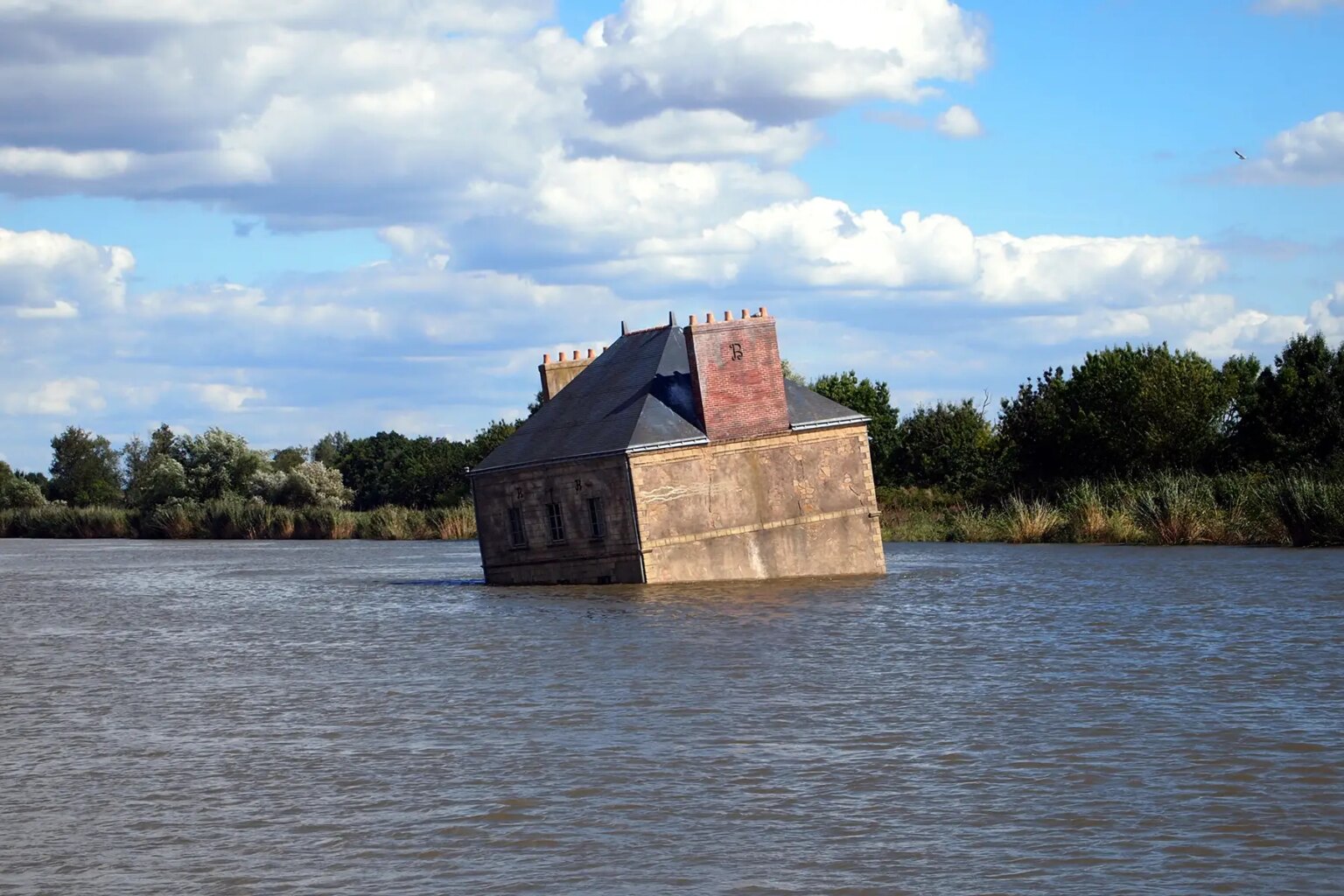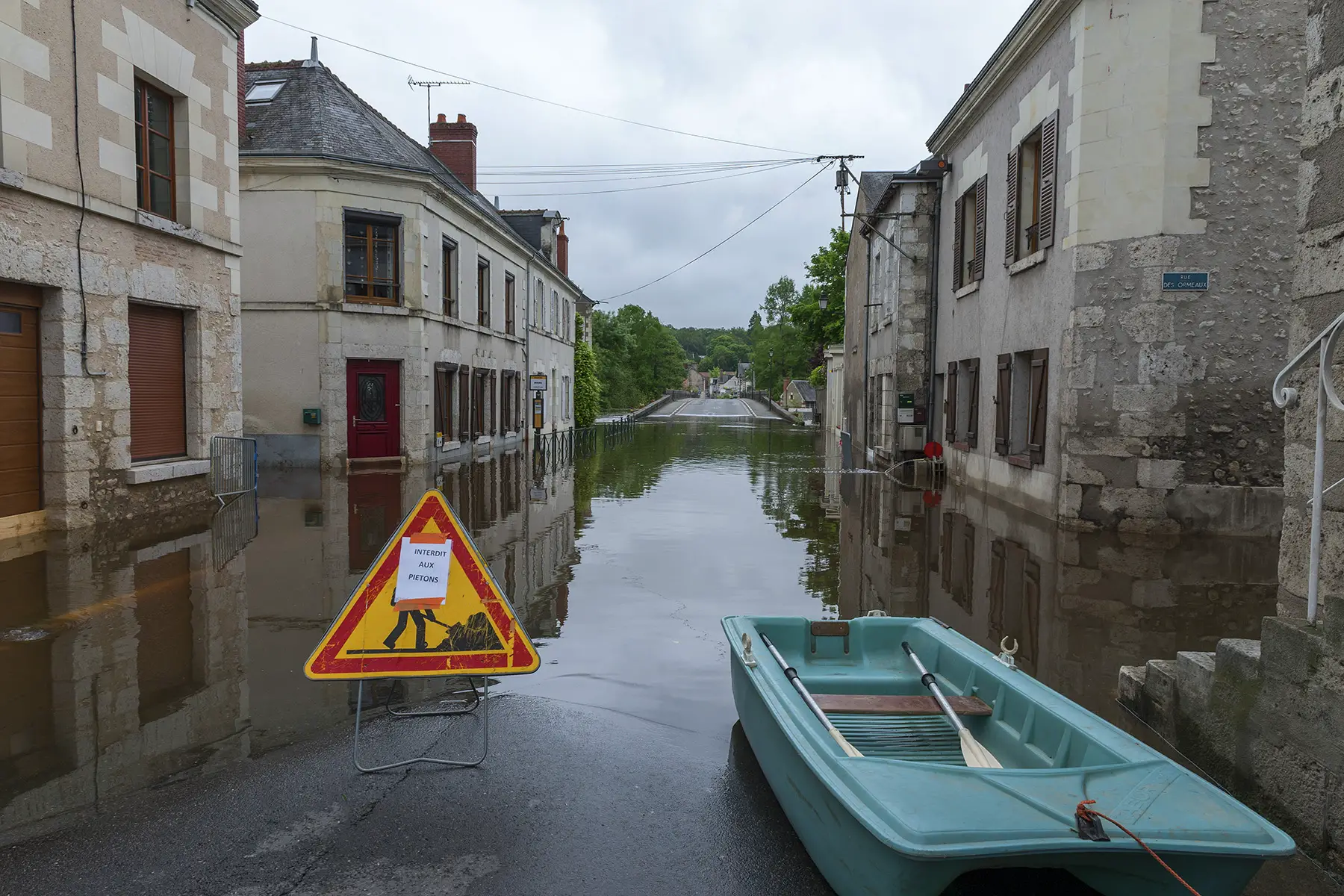France has legal requirements concerning home insurance, so it’s important to know what type of coverage you’ll need if you buy or rent a property. Here is all the key information on home insurance in France, with sections on:
- An overview of home insurance in France
- Home insurance companies and brokers in France
- Home liability insurance in France
- Multi-risk home insurance in France
- How to choose your home insurance in France
- Applying for home insurance in France
- How to make a home insurance claim in France
- Canceling a contract or changing provider
- Making a complaint about a home insurance company in France
- Holiday home insurance in France
- Useful resources
Fab French Insurance
Make insurance fabulously easy with Fab French Insurance. This insurance brokerage has 10+ years of experience providing English-language support to internationals in France. Find affordable, tailored solutions for medical insurance for visas, mutuelles, and home and car insurance with Fab French Insurance.
An overview of home insurance in France
There are two main types of home insurance (assurance habitation) in France. These are:
- Civil liability insurance (assurance responsabilité civile), which covers damage to third parties and their property caused by you or your home
- Multi-risk insurance (assurance multirisque), which is liability insurance plus protection for your own home and its contents
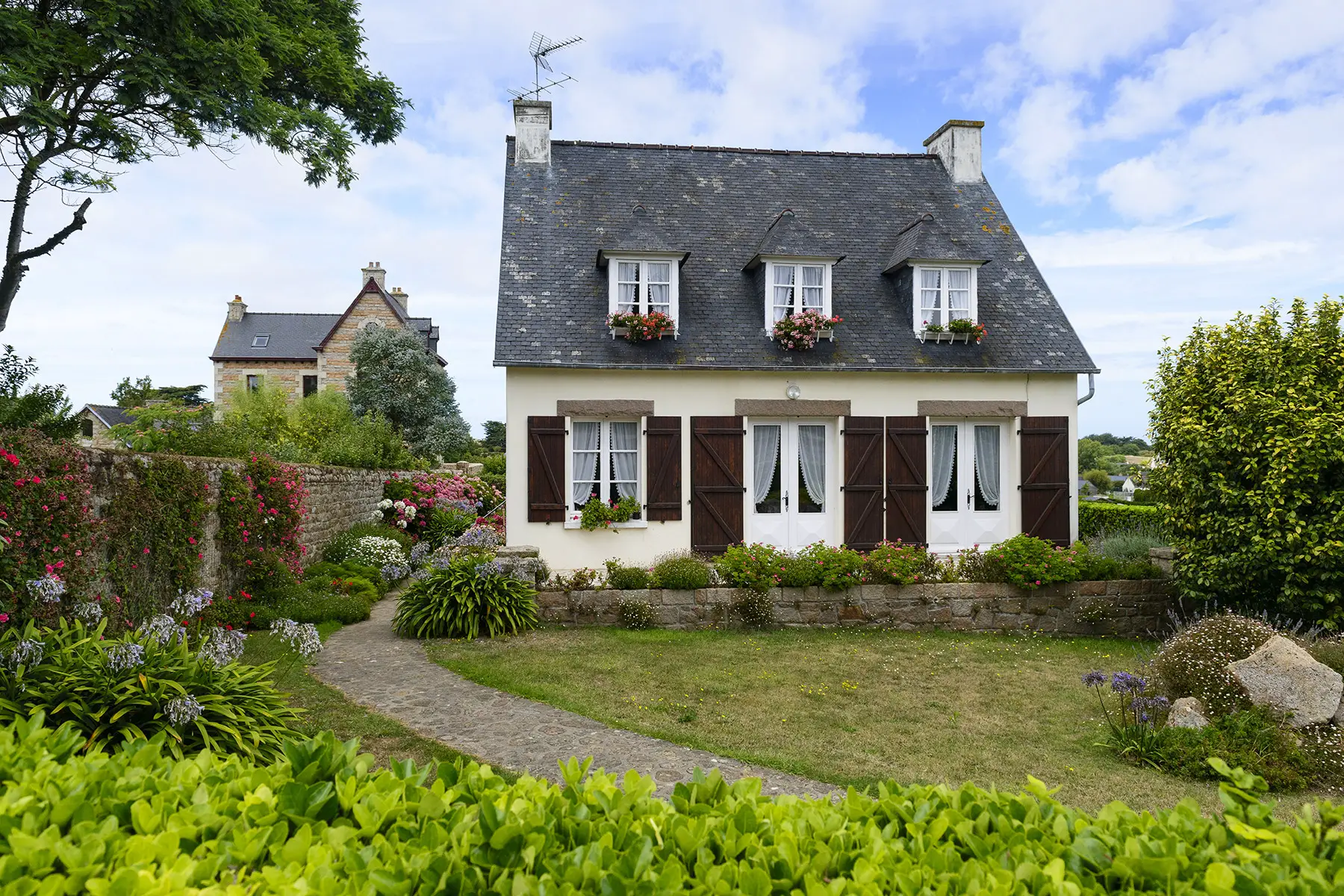
Civil liability insurance is the minimum legal requirement for tenants in rental properties, landlords of rental homes, and those who own apartments in communal buildings. However, around 90% of homeowners take out multi-risk home insurance.
There is also an additional type of home insurance in France called construction insurance (dommages-ouvrage), which is compulsory if you buy a new build or carry out extensive renovation works. This protects you against defects for the first ten years. Many multi-risk plans include this.
Home insurance is one of the biggest insurance sectors in France. Property and liability insurance combined were worth €59.2 billion in 2020. As with all insurance in France, the Banque de France is the official regulatory body.
Can you use home insurance from another country in France?
If you are relocating to France, you may be able to transfer your existing policy to your new French property if your current insurer is licensed to trade in France. All insurance companies within the EU/EFTA can sell their products in France as long as they operate within EU guidelines. Additionally, many other international companies also trade in France.
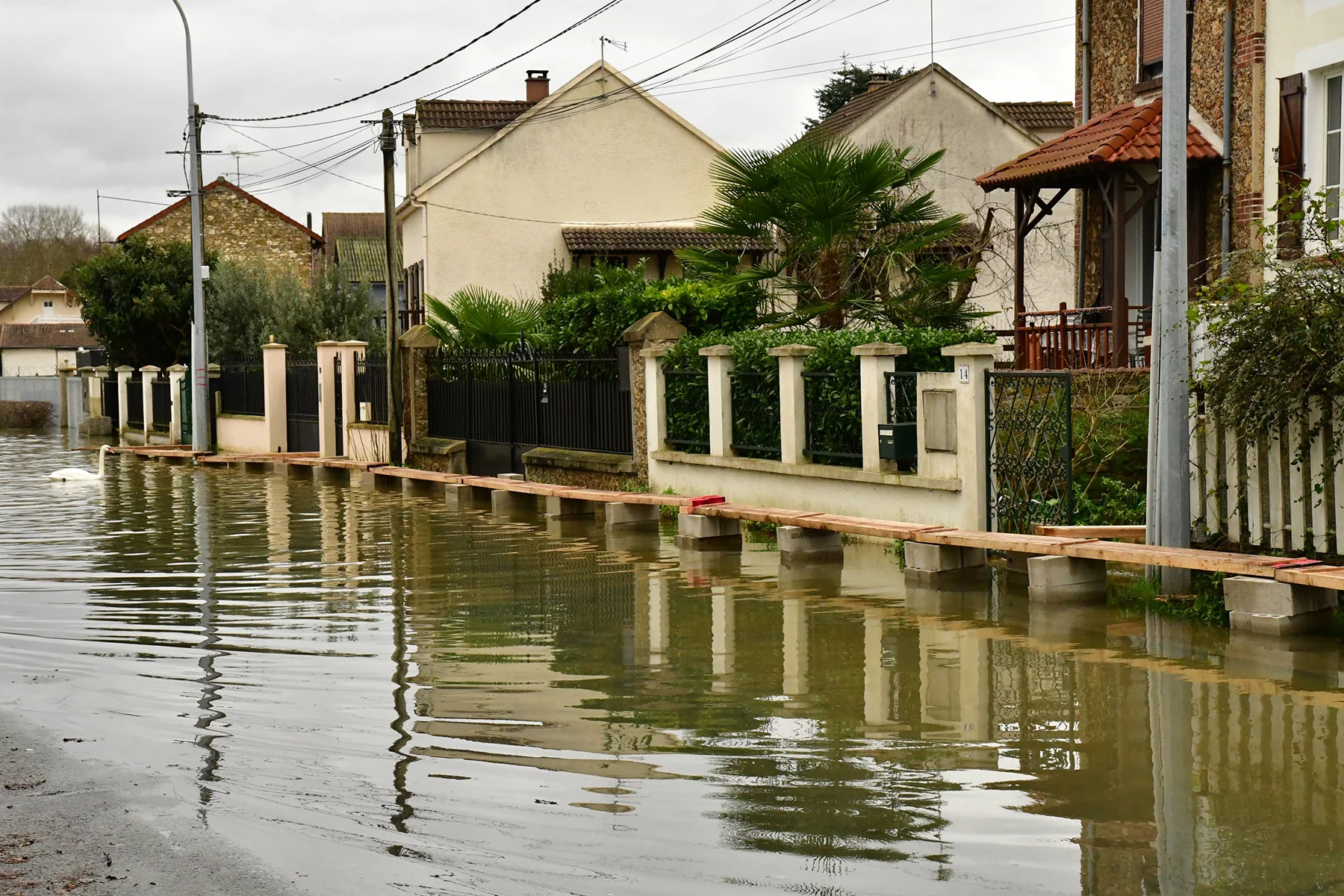
However, you won’t be able to transfer a policy under the same terms. This is because your insurer will want to recalculate your premium based on your new French home. They may also charge an admin fee for this. Furthermore, as France has different legal home insurance requirements than many countries, you’ll need to make sure you have adequate minimum coverage.
You may be able to transfer a home contents insurance policy under the same terms if you have an extended plan that includes overseas coverage.
Home insurance companies and brokers in France
There are a number of insurance companies and brokers to choose from when shopping for home insurance in France. These include insurance specialists as well as some French banks. Some of the big names include:
You can also work with a broker, who will advise you on your options and help you find tailored coverage. Insurance brokers who work with internationals in France include:
Lemonade
Think you know insurance? Think again. Lemonade brings insurance into the 21st century, letting you take out liability and contents coverage in minutes. On their easy-to-use English app, you’ll be able to buy and manage your cover from the comfort of your own phone. Protect your home and belongings instantly with Lemonade.
Each company is different in its offer, and it typically pays to shop around to find the best deal for your situation. As an expat living in France, you may also wish to seek out a company that provides relevant information in English.
Home liability insurance in France
Home liability insurance is the basic coverage in France for injury or damage to third parties or their property in your home. This could be due to an accident in your home or something that occurs as a result of negligence. For example, if someone trips on some loose carpet or if their belongings are stolen from your home due to unlocked doors.
Extended policies can include accidents you’re involved in outside of the home or damage caused by your family members or pets. However, liability policies don’t cover any costs relating to your own property or belongings.

Home liability insurance is mandatory for:
- Tenants, who need a minimum coverage for rental risks to property belonging to the landlord. This includes the building and any permanent fixtures. Tenants must produce an insurance certificate before signing a rental contract, and then proof of renewal each year. This insurance is not compulsory if you rent a seasonal furnished property.
- Landlords, who need to take out a policy to cover damage or injury to tenants and other third parties due to building defects or lack of maintenance.
Owner-occupiers are not obliged to take out liability insurance unless they own an apartment in a communal block. However, if you are uninsured, you will have to meet any costs yourself in the event of a claim.
Liability insurance policies pay out damage costs up to a specified maximum amount. You can usually increase this amount or include additional expenses by paying a higher premium.
Costs of home liability insurance in France
Home liability policies depend on a range of factors relating to the value, size, and type of your home, as well as risk factors such as stairs. Other factors to consider are location and your personal risk profile. Premiums vary but start from around €50 a year.
Multi-risk home insurance in France
Multi-risk insurance is the most popular type of home insurance in France. It will typically include liability insurance plus coverage against damage to your home and its contents.
This insurance is not compulsory. However, many French mortgage providers have it as a requirement before agreeing to lend. Consequently, most homeowners have a multi-risk policy.
Insurers may offer different coverage levels. Standard plans typically cover fire, theft, water damage, storm damage, and other natural disasters. You can usually pay extra to cover things such as electrical damage or damage/loss due to negligence, for example, if you accidentally leave doors unlocked. However, you won’t be able to insure for deliberate damage or general wear and tear.
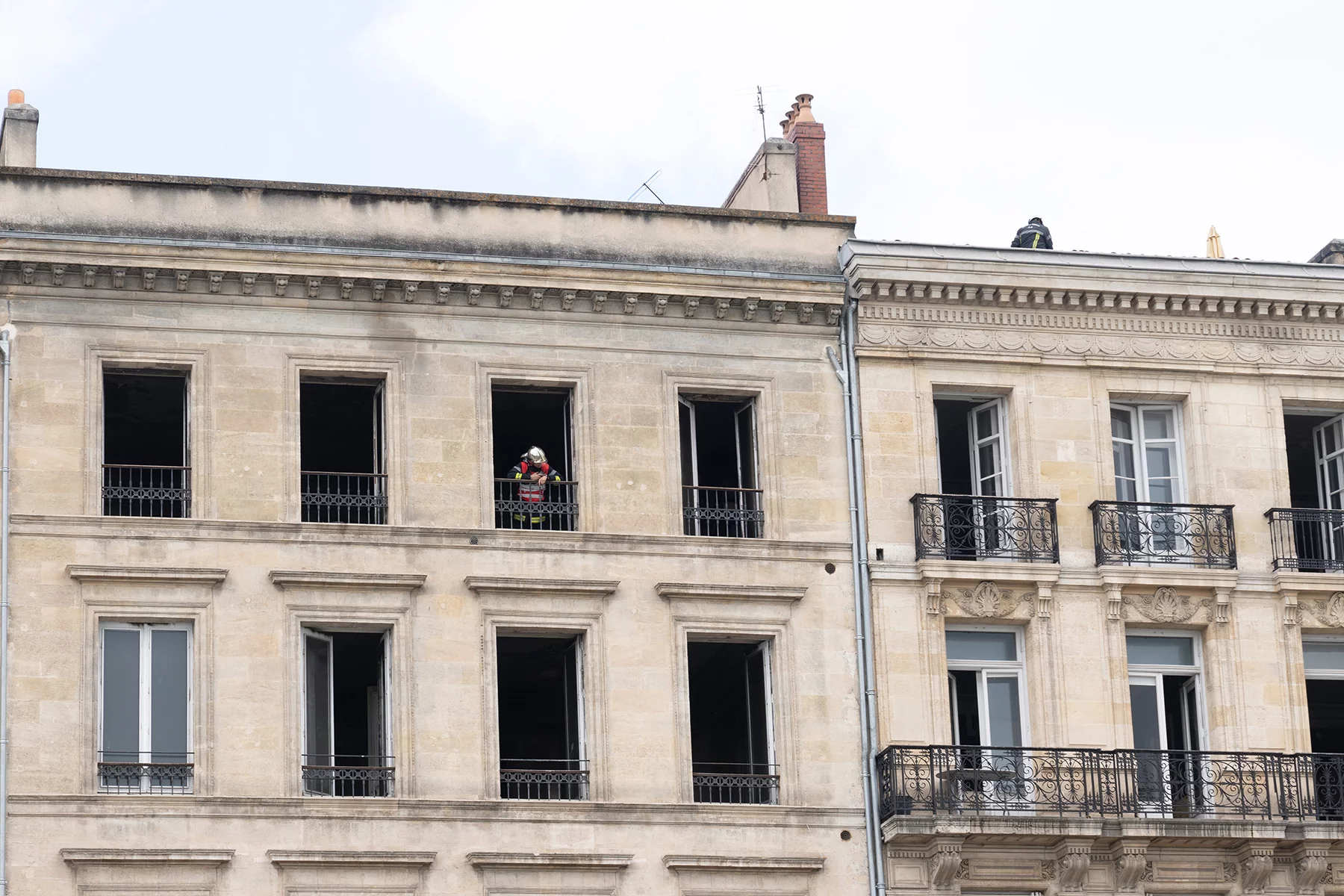
Most policies cover the building walls, ceilings, floors, fitted units, attached garages, and any contents kept within the building. This includes furniture, clothing, jewelry, and equipment. In addition, you will typically need coverage for windows, sheds, greenhouses, swimming pools, heating systems, equipment stored outside the main building, and precious items (i.e., over €5,000).
Policies typically pay out for the cost of replacing goods and repair or rebuild costs but check your policy for maximum payout limits. Extended policies can include extras such as cleanup costs, alternative accommodation, and legal fees.
Insurers often sell different types of multi-risk policies. For example, separate policies for homeowners, tenants, and those in flatshares; or for apartments and detached houses.
Costs of multi-risk home insurance in France
Multi-risk premiums can vary greatly in France. As with liability insurance, costs are calculated based on a number of factors, including the value of goods or property you are insuring, the size and type of property, security measures in place, location, and your own personal profile, including claims history.
Generally, yearly premiums start at around €100–150 but can cost €500 or more for expensive properties. Average costs in France in 2020 were €248, but that varied between around €200 and €300 across different regions.
How to choose your home insurance in France
If you’re shopping around for home insurance in France, here are a few questions to consider:
- How flexible is the policy? Whether you need a liability or multi-risk policy, can you tailor it to include what you need and remove any unwanted coverage?
- Can you lower your premiums by paying an annual deductible? If so, by how much?
- Does the company have good reviews or has someone you trust recommended them? Check trusted review sites for feedback.
- What incentives are on offer? For example, discounts on other products or free gifts.
- What does the company pay out on in the event of a claim? Is there a maximum claim amount?
- Is it clear what (and how long) the claims process is?
- How does the company perform in terms of ethics, sustainability and Corporate Social Responsibility (CSR)? You can check company ratings and performance on sites such as CSR Hub or Standard Ethics.
Applying for home insurance in France
Each insurance company has its own application procedure. In general, you can apply online, by phone, or in person at a local branch with most insurers. Online is the most convenient way. You’ll need to fill out an online questionnaire giving relevant details on your home and personal information about yourself.
Once you’ve completed this, you’ll be instructed on how to proceed and what documents you need. Typically you’ll need to provide your address, proof of ID, and bank details as a minimum. With some companies, you can take out a policy online in minutes. Others will put you in touch with a local agent to proceed.
Once the paperwork has been completed, you will receive your insurance policy number, certificate, and information on your policy. Home insurance in France typically lasts a year and often renews automatically.
How to make a home insurance claim in France
The process of making a claim will likely depend on your specific policy, so be sure to read the fine print. So, contact your insurance company directly, and they will advise you about what documentation you’ll need, how to proceed, and claim timelines. Though each company will have different requirements, you should be prepared to provide:
- proof of damage
- policy number
- an invoice of the damaged goods
- in the case of a theft, you’ll need to have the police report showing you declared the theft.
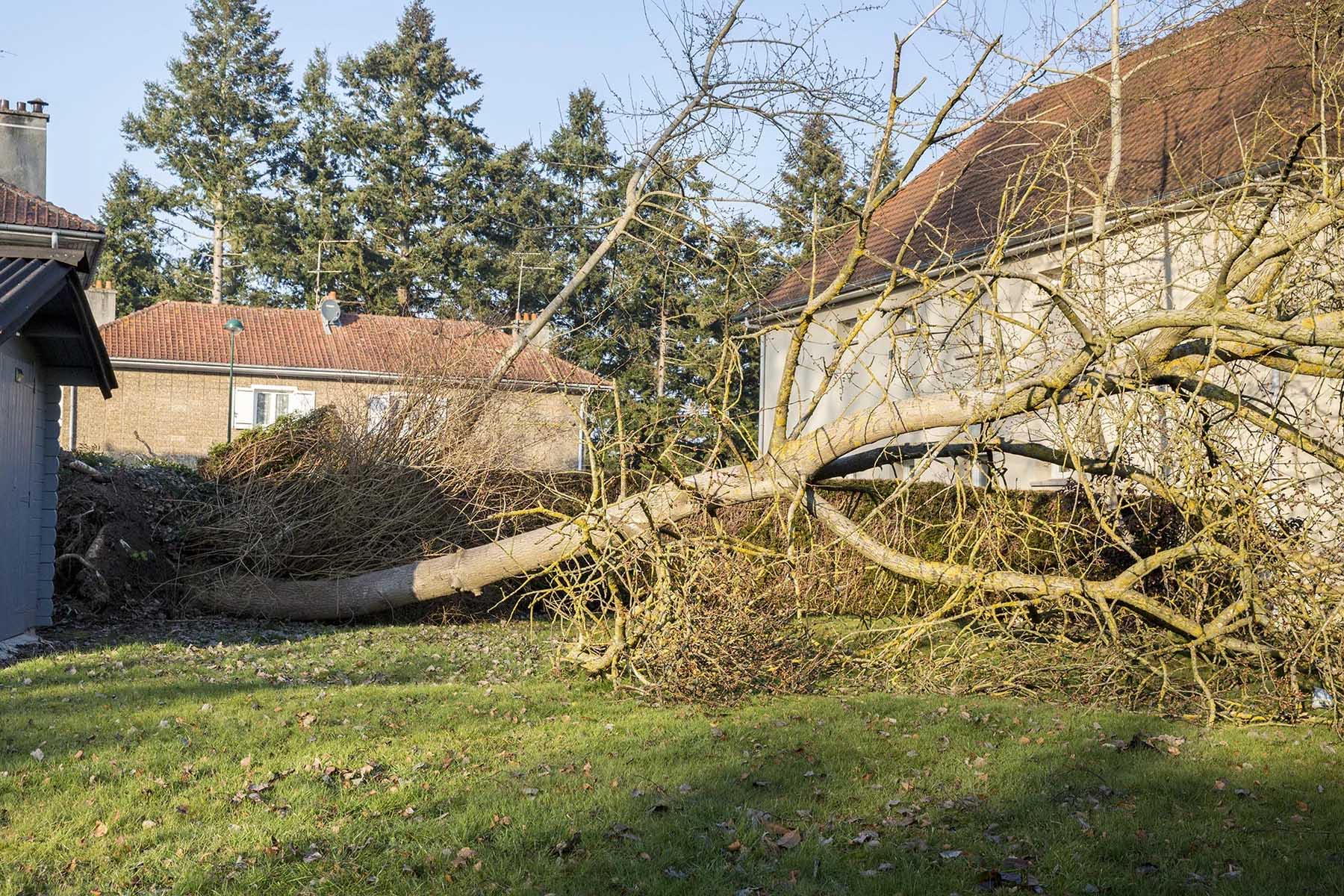
Legally, you have up to five days after the day you became aware of the incident and two days if there was a theft. In the case of a natural disaster, you have up to ten days after the publication of a government decree.
Canceling a contract or changing provider
Insurance contracts in France generally run for a year and, within that first year, may charge fees to change or cancel providers, depending on the company. If you’re looking to do this, you should read your contract because you can legally terminate in some specific circumstances – for example, if you sell your house, your marital status changes, or if you retire. Also, keep in mind that insurance automatically renews yearly; if you wouldn’t like to continue, it’s up to you to inform your provider. Usually, you’ll have to give around two months’ notice.
The good news is that after your first year with an insurance company, you can terminate your contract and switch over to another company with no penalty (even if you’d renewed your contract). You just have to give thirty days’ notice and send a cancelation letter. Check with your provider to see what exactly you need to put into the letter for them to accept it.
Making a complaint about a home insurance company in France
If you want to complain about an insurance company in France for any reason – for example, you are unhappy with a product or feel that you have been unfairly treated – you should follow these steps:
- Firstly, lodge an official complaint with the company itself. All companies should have a complaints team or department which they should inform you of when you sign up, along with their exact complaints process. Information should also be available on their website. Typically, you will need to make a complaint in writing giving full details of your grievance along with relevant dates.
- If the company doesn’t respond within 15 days, or you are unhappy with their response, you can escalate the complaint to La Mediation de l’assurance which is the independent body that assesses insurance complaints in France. This can be done online or by post.
Holiday home insurance in France
Tenants in holiday homes do not legally need to take out any insurance, so most landlords take out a multi-risk policy to cover the property as well as their minimum liability requirements. If you’re renting out a holiday home, bear in mind that the landlord may factor insurance costs into the rental charges or request a large deposit to cover any damages.
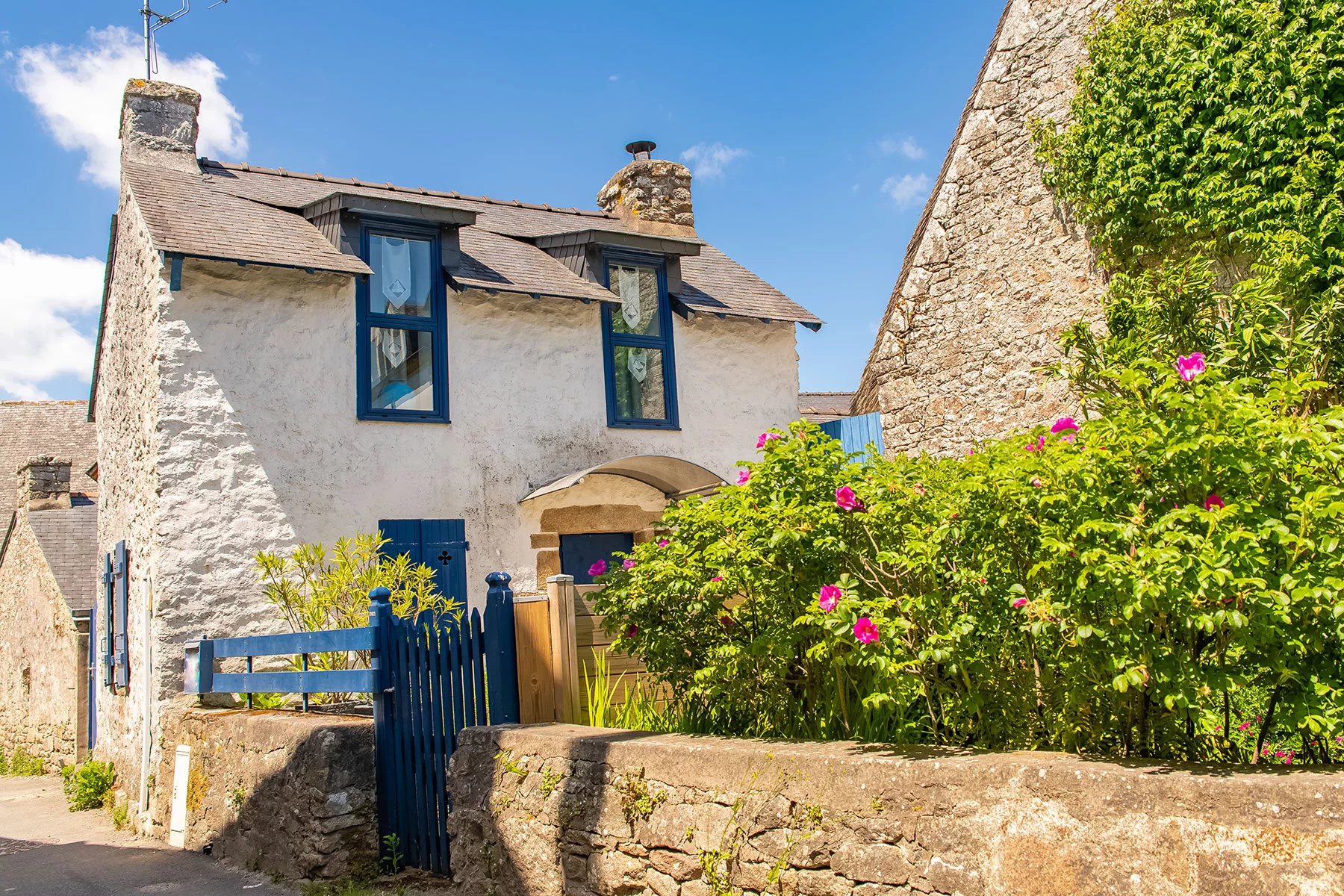
Suppose you’re looking to insure a holiday home. In that case, many companies sell holiday home or second home insurance that focuses on specific risks such as damage to unattended property and loss of rental income, in addition to the standard liability, building, and contents protection. You can also find offers with brokers specializing in expat property insurance, such as IntaSure in the UK.
Useful resources
- Autorité de contrôle prudentiel et de résolution (ACPR) – regulator of insurance companies in France
- Ministry of the Economy and Finance (Ministère de l’Économie et des Finances) – French ministry that oversees financial services. Information on home insurance requirements (in French)
- Service Public – government information site with details on home insurance in France (in French)
